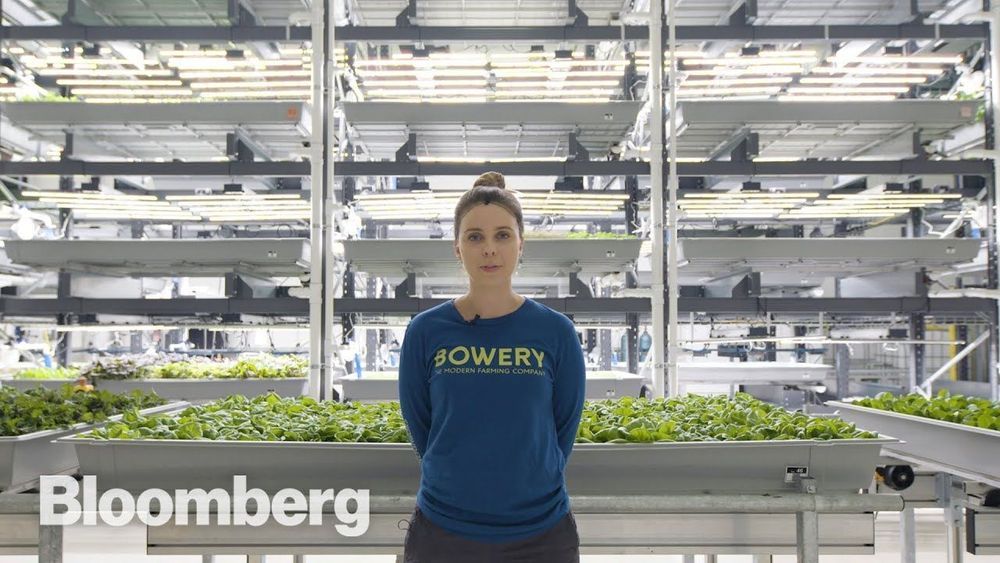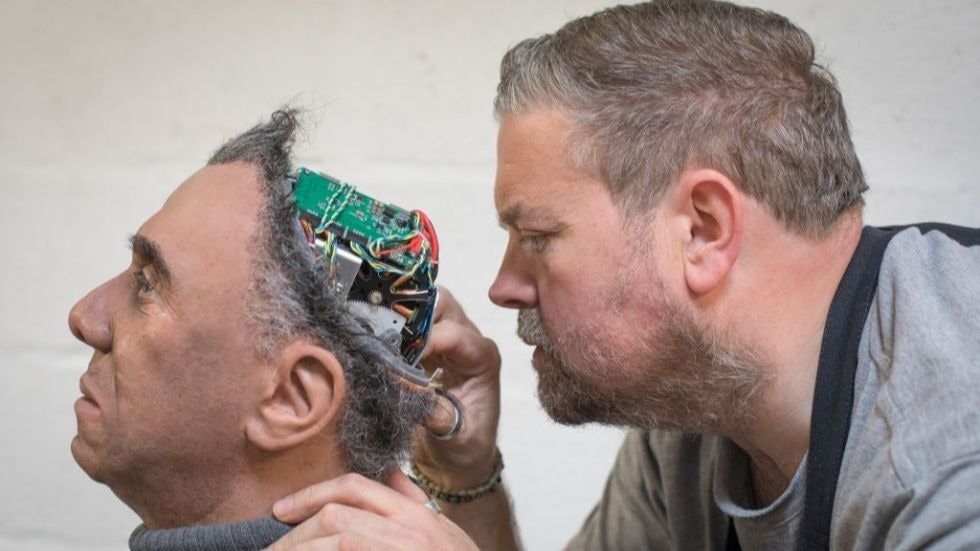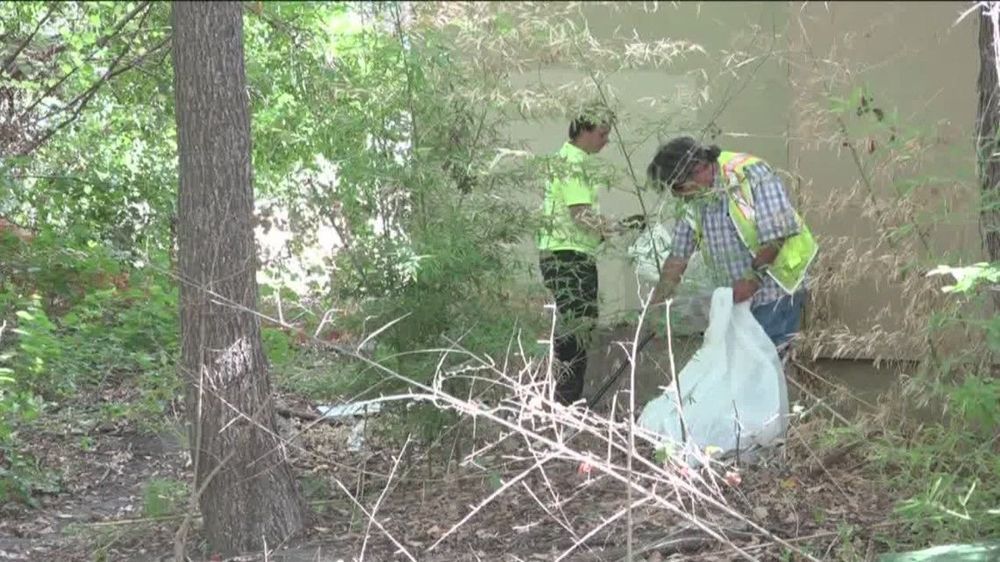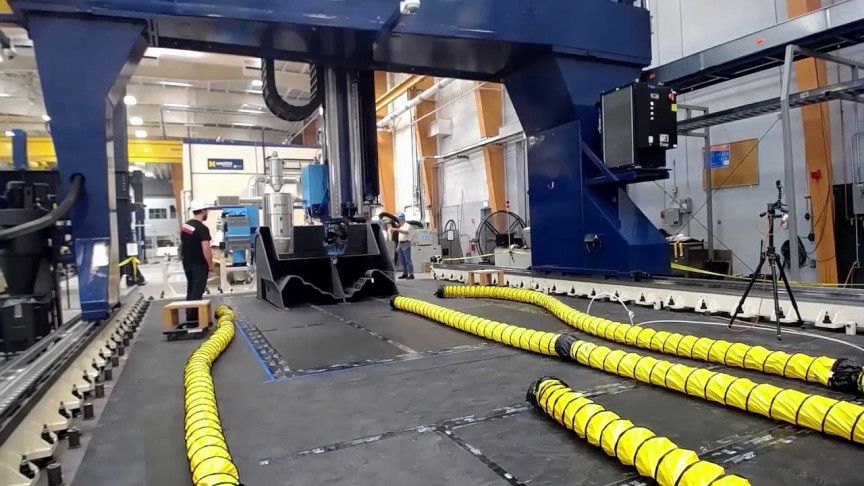We face complexity, ambiguity, and uncertainty about the future consequences of cryptocurrency use. There are doubts about the positive and negative impacts of the use of cryptocurrencies in the financial systems. In order to address better and deeper the contradictions and the consequences of the use of cryptocurrencies and also informing the key stakeholders about known and unknown emerging issues in new payment systems, we apply two helpful futures studies tools known as the “Future Wheel”, to identify the key factors, and “System Dynamics Conceptual Mapping”, to understand the relationships among such factors. Two key scenarios will be addressed. In on them, systemic feedback loops might be identified such as a) terrorism, the Achilles’ heel of the cryptocurrencies, b) hackers, the barrier against development, and c) information technology security professionals, a gap in the future job market. Also, in the other scenario, systemic feedback loops might be identified such as a) acceleration of technological entrepreneurship enabled by new payment systems, b) decentralization of financial ecosystem with some friction against it, c) blockchain and shift of banking business model, d) easy international payments triggering structural reforms, and e) the decline of the US and the end of dollar dominance in the global economy. In addition to the feedback loops, we can also identify chained links of consequences that impact productivity and economic growth on the one hand, and shift of energy sources and consumption on the other hand.
Watch the full length presentation at Victor V. Motti YouTube Channel

















